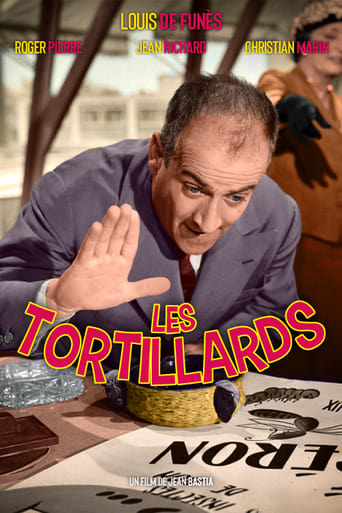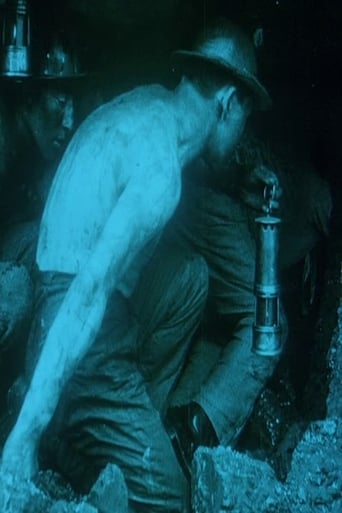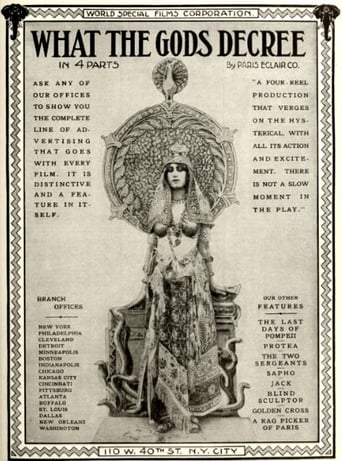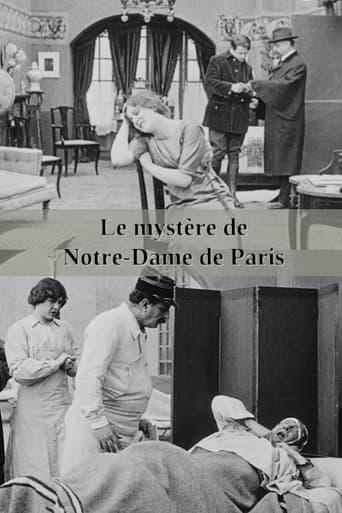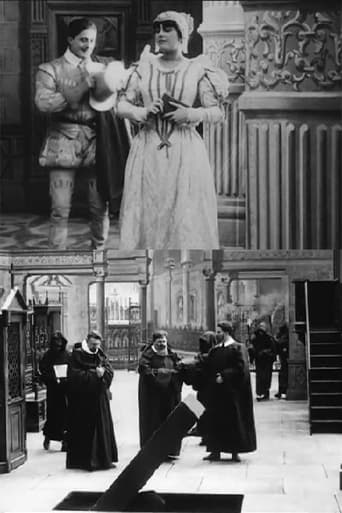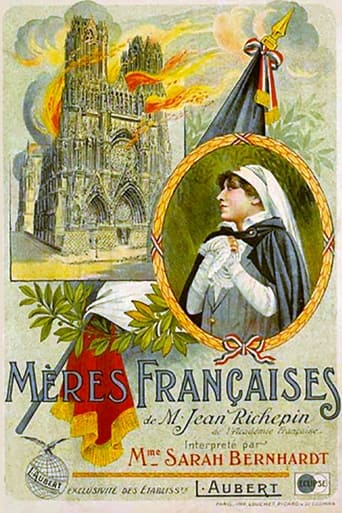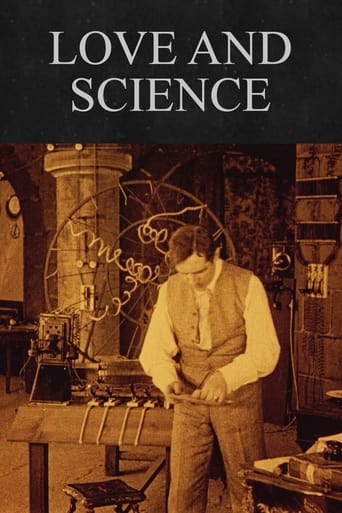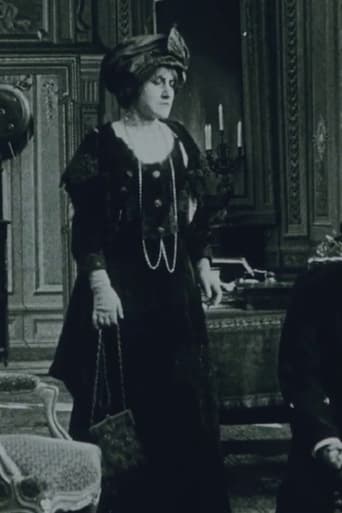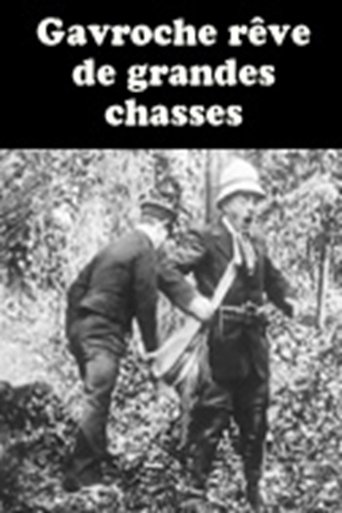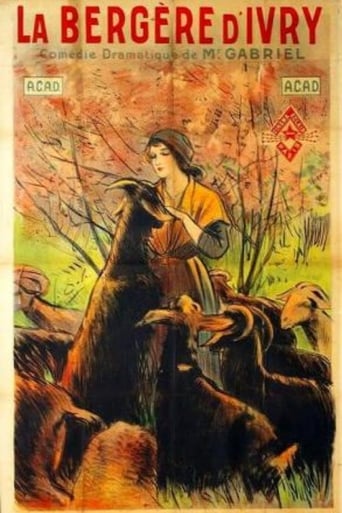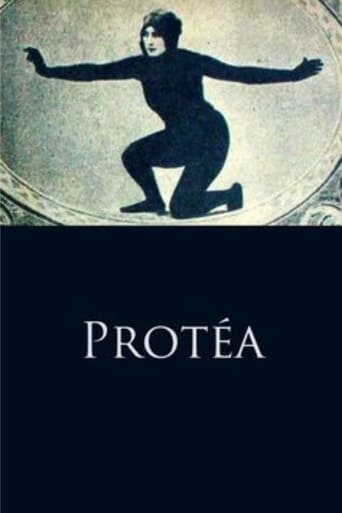The story of "Jack" is well-known. It is a beautiful story of a natural child. His mother, Ida de Borancy, worships the dear little nameless and fatherless being whom she decides, as he is getting on in years, to place in a boarding school. The child's professor of literature is a certain Amaury D'Argenton, a failure of the faculty, and an uninspired poet. During one of her visits to the institution, Mme. de Borancy is attracted by D'Argenton, and falls in love with him. The "Ne'er-do-Well" soon gives up his starving position and makes his abode with her, exercising over her absolute control. He soon learns to hate little Jack and forces her to leave him permanently at school. The poor child, unaccustomed to the separation, runs away, only to find, when he arrives at his former home, that his mother has moved and is now living thirty miles away. He undertakes the journey on foot, and reaches his mother's house completely exhausted. Here he meets Dr. Rivals and his daughter, Cecil.
